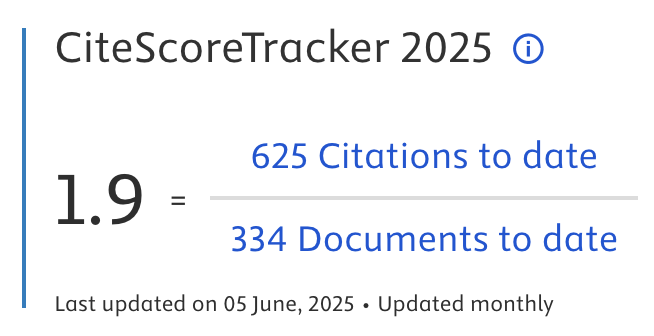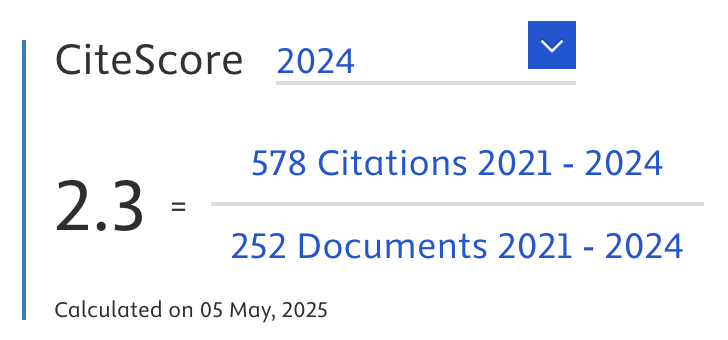Recognizing Fake Documents by Instance-Based ML Algorithm Tuning with Neighborhood Size
Abstract
The primary objective of this research paper is to classify spam SMS messages for scamming threats as soon as they are received on a device. The study focuses on evaluating the performance of K-Nearest Neighbors (KNN) classifiers with different neighborhood sizes to determine the most effective machine learning technique for improving accuracy and predictions in SMS spam detection. SMS is a short text messages service that permits mobile phone users to exchange messages. In today’s world, people are so much tending towards mobile phones and it has become easy to spread spam content through them. One can easily access any person’s details through these social networking websites. No information which is shared and stored in the device is not secure. Numerous anti-spam systems have been developed. In this paper, we compare the classification results against spam SMS data to estimate the effectiveness of the KNN classifiers at different k levels and the comparisons shown. An effective method of classifying spam SMS, based on the metrics like F-measures, Precision, and recall score is recognized from the experiment results. The best performance was achieved with K = 4, where the classifier provided a high accuracy of 94.78% and strong results across all key performance metrics. The research highlights that feature selection plays a crucial role in improving classification efficiency by eliminating irrelevant or redundant features. Although KNN is a simple and effective approach, its scalability and real-time processing limitations suggest that future work should explore deep learning, ensemble models, or heuristic-based optimization for further improvements and support process innovation.
Article Metrics
Abstract: 69 Viewers PDF: 44 ViewersKeywords
Full Text:
PDFRefbacks
- There are currently no refbacks.

Journal of Applied Data Sciences
| ISSN | : | 2723-6471 (Online) |
| Collaborated with | : | Computer Science and Systems Information Technology, King Abdulaziz University, Kingdom of Saudi Arabia. |
| Publisher | : | Bright Publisher |
| Website | : | http://bright-journal.org/JADS |
| : | taqwa@amikompurwokerto.ac.id (principal contact) | |
| support@bright-journal.org (technical issues) |
 This work is licensed under a Creative Commons Attribution-ShareAlike 4.0
This work is licensed under a Creative Commons Attribution-ShareAlike 4.0





.png)